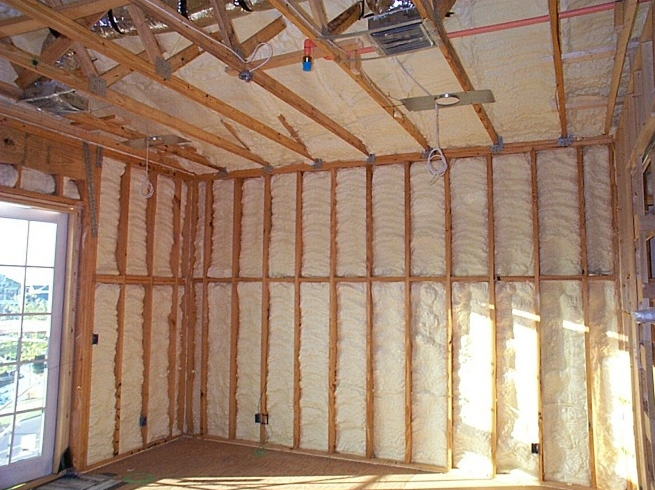The Power of Roof Insulation: Unveiling its Superiority as an Insulator

Roof insulation plays a pivotal role in maintaining a comfortable and energy-efficient environment within our homes. It acts as a barrier against heat transfer, preventing the unwanted loss of warmth during winter and the intrusion of excessive heat during summer. In this article, we will delve into the reasons why roof insulation is a superior insulator, exploring its benefits, types, and the impact it can have on energy consumption and cost savings.
- Thermal Resistance:
Roof insulation excels as an insulator due to its high thermal resistance. It effectively slows down the transfer of heat between the interior and exterior of a building, reducing the need for excessive heating or cooling. By minimizing heat flow, it helps maintain a consistent temperature, ensuring comfort and reducing energy consumption. - Energy Efficiency:
One of the key advantages of roof insulation is its ability to enhance energy efficiency. By reducing heat transfer, it lessens the reliance on heating and cooling systems, thereby lowering energy consumption. This not only benefits the environment by reducing greenhouse gas emissions but also leads to substantial cost savings for homeowners in the long run. - Types of Roof Insulation:
There are various types of roof insulation available, each with its unique characteristics and suitability for different climates and building structures. Some common types include: a. Fiberglass Insulation: Composed of fine glass fibers, this type of insulation is known for its excellent thermal resistance and affordability. It is widely used and can be installed in various forms, such as batts, rolls, or loose-fill. b. Spray Foam Insulation: This type of insulation is applied as a liquid that expands and solidifies into a foam, creating a seamless and airtight barrier. It provides superior insulation performance and is particularly effective in sealing gaps and cracks. c. Reflective Insulation: Utilizing reflective materials, such as aluminum foil, this insulation type reflects radiant heat away from the building, keeping it cooler in hot climates. It is commonly used in warmer regions to reduce air conditioning needs. - Soundproofing:
In addition to its thermal insulation properties, roof insulation also offers soundproofing benefits. It helps reduce external noise, such as traffic or rain, creating a quieter and more peaceful indoor environment. This is particularly advantageous for homes located in busy urban areas or near airports. - Long-Term Investment:
Investing in roof insulation is a wise decision for homeowners looking to improve their property's value and long-term sustainability. Not only does it enhance energy efficiency and reduce utility bills, but it also contributes to a more comfortable living space. Additionally, many governments and organizations offer incentives and rebates for installing energy-efficient insulation, further increasing the return on investment.
Conclusion:
Roof insulation stands out as a superior insulator, providing numerous benefits ranging from energy efficiency and cost savings to soundproofing and increased property value. By understanding the different types of insulation available and their suitability for specific climates and structures, homeowners can make informed decisions to create a more comfortable and sustainable living environment. Embracing the power of roof insulation is not only beneficial for individuals but also contributes to a greener and more energy-conscious future.
